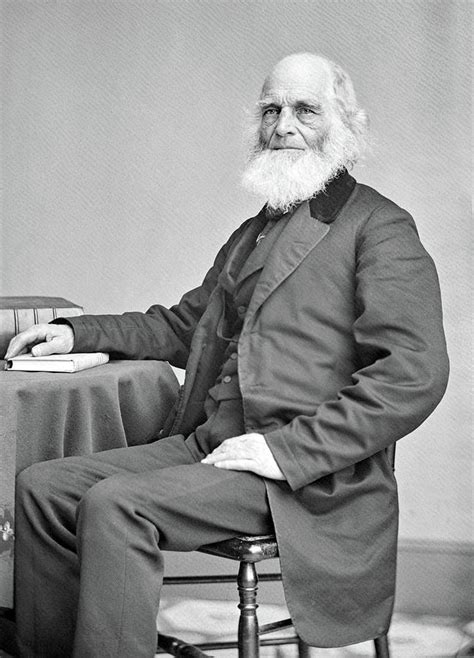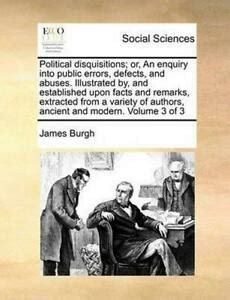A Quote by William C. Bryant
Can anything be imagined more abhorrent to every sentiment of generosity and justice, than the law which arms the rich with the legal right to fix, by assize, the wages of the poor? If this is not slavery, we have forgotten its definition. Strike the right of associating for the sale of labor from the privileges of a freeman, and you may as well bind him to a master, or ascribe him to the soil.
Related Quotes
The fundamental rights of [humanity] are, first: the right of habitation; second, the right to move freely; third, the right to the soil and subsoil, and to the use of it; fourth, the right of freedom of labor and of exchange; fifth, the right to justice; sixth, the right to live within a natural national organization; and seventh, the right to education.
One’s life, liberty and the products of one’s labor were not intended to be up for grabs by grubby, greedy majorities. Contra classical natural law theory, legal positivism equates justice with the law of the state. However, from the fact that most Americans want others to fund or subsidize their health care, it does not follow that they have such a right. A need is not a right.
No kingdom can be secured otherwise than by arming the people. The possession of arms is the distinction between a freeman and a slave. He, who has nothing, and who himself belongs to another, must be defended by him, whose property he is, and needs no arms. But he, who thinks he is his own master, and has what he can call his own, ought to have arms to defend himself, and what he possesses; else he lives precariously, and at discretion.
We may not say to the poor: "You have a right to fight the rich merely because they are rich and in order to make yourselves less poor." We may say: "You have a right to fight to prevent the conditions of your life becoming inhuman," but we may not say, "You have a right to fight merely because you desire to have more and your opponent to have less."
Often nothing keeps the pupil on the move but his faith in his teacher, whose mastery is now beginning to dawn on him .... How far the pupil will go is not the concern of the teacher and master. Hardly has he shown him the right way when he must let him go on alone. There is only one thing more he can do to help him endure his loneliness: he turns him away from himself, from the Master, by exhorting him to go further than he himself has done, and to "climb on the shoulders of his teacher."
Morally a woman has a right to the free and entire development of every faculty which God has given her to be improved and used to His honor. Socially she has a right to the protection of equal laws; the right to labor with her hands the thing that is good; to select the kind of labor which is in harmony with her condition and her powers; to exist, if need be, by her labor, or to profit others by it if she choose. These are her rights, not more nor less than the rights of the man.
There are three points of doctrine the belief of which forms the foundation of all morality. The first is the existence of God; the second is the immortality of the human soul; and the third is a future state of rewards and punishments. Suppose it possible for a man to disbelieve either of these three articles of faith and that man will have no conscience, he will have no other law than that of the tiger or the shark. The laws of man may bind him in chains or may put him to death, but they never can make him wise, virtuous, or happy.
Control in modern times requires more than force, more than law. It requires that a population dangerously concentrated in cities and factorites, whose lives are filled qith cause for rebellion, be taught that all is right as it is. And so, the schools, the churches, the popular literature taught that to be rich was a sign of superiority, to be poor a sign of personal failure, and that the only way upward for a poor person was to climb into the ranks of the rich by extraordinary effort and extraordinary luck.







































